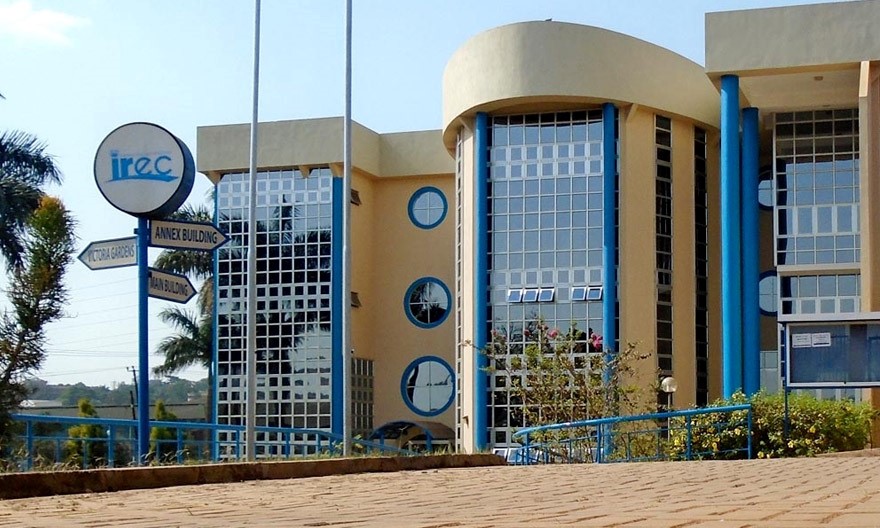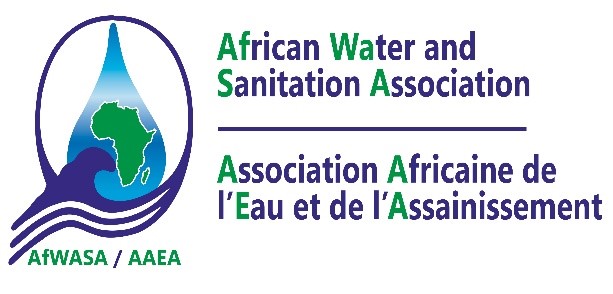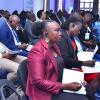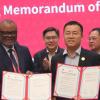
During the 1990s, the water sector in Africa underwent many changes as a result of reforms imposed by the World Bank in an attempt to make the public water service a commodity and to increase the performance and competitiveness of water companies. In several countries, this led to a move away from a single company providing all water services from catchment to distribution, to the creation of separate entities, one for asset management and the other for distribution. These reforms have seen the creation of sanitation companies, regulation companies and even commercial water service entities. As the need for management staff at the time suddenly fell far short of demand, and given that the managers of all these new entities were still ‘drawn’ from the existing parent companies, the AfWASA thought of creating an African Water and Sanitation Academy, with the ultimate aim of teaching and empowering managers (old and new), and leadership for change management.
Around 2004, some training took place with the support of the World Bank and Uganda through the National Water and Sewerage Corporation (NWSC), which very early on offered to host this academy, or at least its coordination office. Since then, there have been many discussions about the shape of this project, and how to take into account the specific needs of countries and regions, and more particularly those of the sanitation sub-sector. What's more, given the quantitative and qualitative challenges facing human resources in the water sector in Africa, it has proved inappropriate to create an academy dedicated solely to managers.
AfWASA is therefore open to all categories of human resources in the African water and sanitation sector.
Disaggregated model
One of the unifying arguments used by AfWASA members to agree on the idea of creating AWASA was its establishment and operating model. To take account of the specific characteristics of each country and region, AWASA opted for a satellite-based operating model, with a coordination centre based in Uganda and collaborating centres based in the regions or countries. With regard to legal status, a study taking into account the institutional environment of organisations based in Uganda was carried out and the International NGO model was adopted by the AWASA Steering Committee (SC). This model foresees that AWASA as an International NGO created by the AfWASA would initially be hosted by NWSC The central administrative centre with a small functional unit, consisting of a Director and some support staff to manage finance, partnerships and marketing. AWASA would enter into partnership arrangements with a range of established and prestigious local academic or training institutions, which would host AWASA's short training courses and longer-term flagship courses. There would also be an active link with the main water and sanitation utilities in the sub-regions.
Business Model
There are many advantages to this operating model, including :
- Reduced overheads - AWASA's core costs would be reduced as with outsourced teaching, AWASA's head office would only need a small number of staff / offices.
- Accessibility - having facilities close to key target markets would make attendance much more attractive to senior executives, reducing travel time and costs.
- Teaching facilities - by asking prestigious business schools and academic institutions to host AWASA courses, AWASA would be able to offer superior learning environments without the cost of developing or maintaining them.
- Flexibility and local relevance - the disaggregated model also gives AWASA the greatest flexibility in selecting institutions and locations for specific learning objectives and adapting content to local needs.
Training courses
The highly practical, ready-to-use professional training courses will be delivered in a modular format by working professionals and alumni with degrees in water and wastewater management from universities and Grandes Ecoles, in collaboration with equipment suppliers where necessary. The courses will be given by professionals both face-to-face and online, including practical sessions and site visits (benchmarking). There will, for example, be Forums on innovation and best practice, short professional courses, master-classes, master's courses, e.g. MBA in public service management, etc.
Close collaboration with universities offering LMD-type courses in the water sector is also envisaged. These collaborations will make it possible to negotiate credit equivalents between the modules taught at AWASA and the programmes offered by these universities. Co-diploma schemes are also planned to facilitate the recognition of AWASA certificates in other countries and regions. It is through this process that we intend to cover all targets / strata of workers, including young university graduates, in order to make a significant contribution to improving the performance of the sector in Africa.



